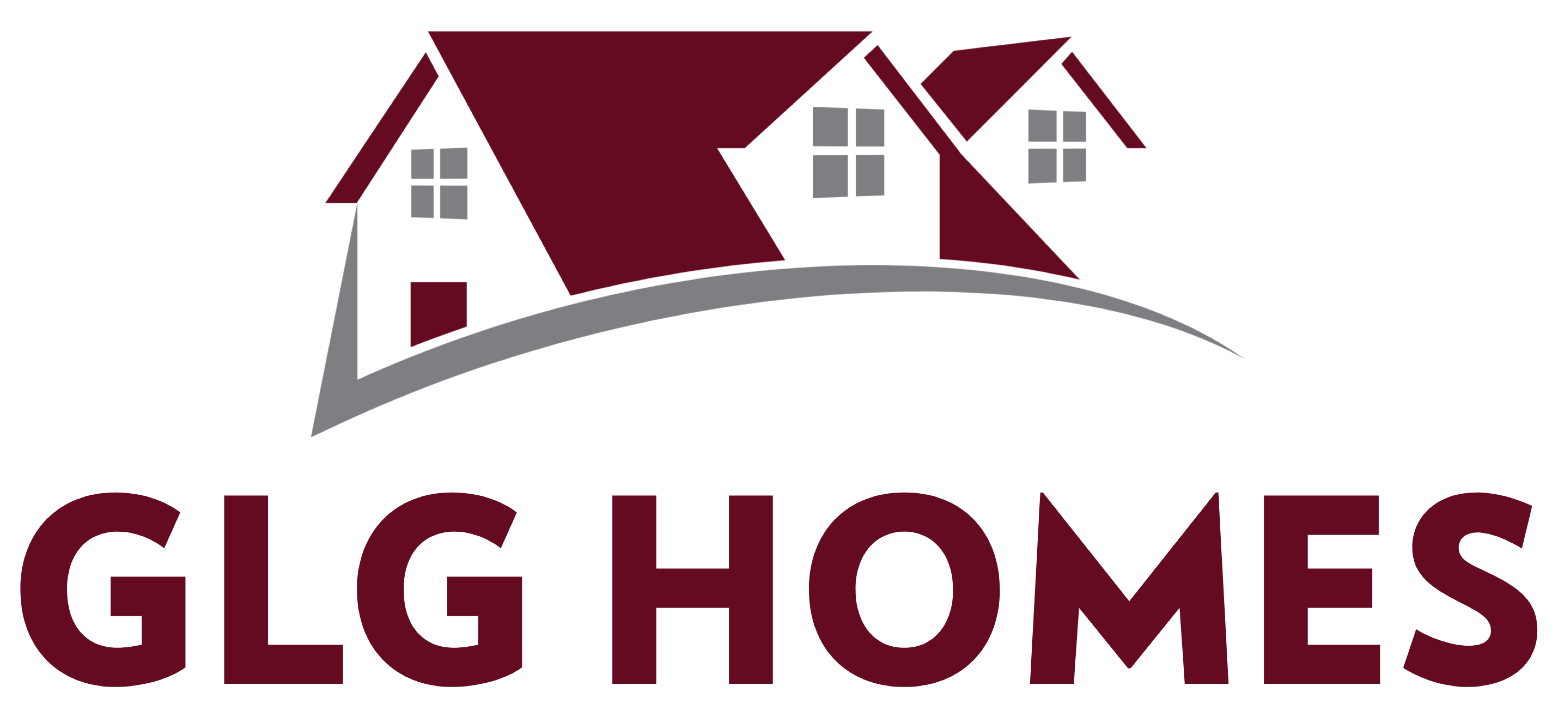Understanding the Value of Appraisals for First-Time Homebuyers: Risks of Waiving or Using Gap Coverage
As a first-time homebuyer, navigating the complexities of the real estate market can be overwhelming. One crucial aspect to consider when purchasing a home is the appraisal process. In this blog post, we will explore the value of appraisals and shed light on the risks associated with waiving the appraisal or relying on gap coverage to bridge the purchase price difference.
The Importance of Appraisals:
When buying a home, an appraisal is an unbiased assessment of its value conducted by a licensed appraiser. Here are key reasons why appraisals are valuable for first-time homebuyers:
- Fair Market Value Determination: Appraisals provide an objective evaluation of the property’s worth based on comparable sales, market conditions, and various factors. This ensures you’re paying a fair price and not overpaying.
- Mortgage Lender Requirement: Most lenders require an appraisal to determine the loan amount they’re willing to approve. The appraisal assures the lender that the property serves as suitable collateral for the loan. (FHA has specific rules and use of appraisals for loans that are insured by the government)
- Investment Protection: Appraisals help safeguard your investment. They identify any significant issues, such as structural problems or undisclosed defects, ensuring you’re aware of the property’s condition before finalizing the purchase.
Risks of Waiving the Appraisal:
In competitive real estate markets, some buyers consider waiving the appraisal contingency to make their offers more enticing. However, this decision carries risks:
- Overpaying for the Property: Without an appraisal, you might unknowingly pay more than the property’s true value. Overpaying can lead to financial strain, difficulties in reselling, or challenges in building equity.
- Financing Challenges: If the appraisal comes in lower than the purchase price, the lender may limit the loan amount accordingly. This may require you to make a larger down payment or renegotiate with the seller to bridge the gap.
- Inadequate Property Assessment: Skipping the appraisal means missing out on a professional’s evaluation of the property’s condition. Undisclosed issues or costly repairs could emerge after closing, resulting in unforeseen expenses.
Understanding Gap Coverage:
To address the purchase price difference when the appraisal falls short, some buyers opt for gap coverage. Here’s what you should know:
- Gap Coverage Defined: Gap coverage is a form of insurance or financing that covers the discrepancy between the appraised value and the purchase price. It helps buyers secure the necessary funds to complete the transaction.
- Potential Risks: While gap coverage can provide a temporary solution, it’s important to assess the associated risks. These may include higher interest rates, additional fees, or potential challenges when refinancing in the future.
For first-time homebuyers, appraisals serve as a vital tool in making informed decisions and protecting their investments. Waiving the appraisal or relying solely on gap coverage carries significant risks that should be carefully evaluated. By understanding the value of appraisals and the potential pitfalls of alternative approaches, first-time homebuyers can confidently navigate the real estate market and make well-informed decisions.
Remember, it’s always advisable to consult with a real estate professional or financial advisor to fully understand the implications before making any decisions regarding appraisals or gap coverage.
Looking to sell your home? Contact me and we will discuss your options.
Thanks,
g.

